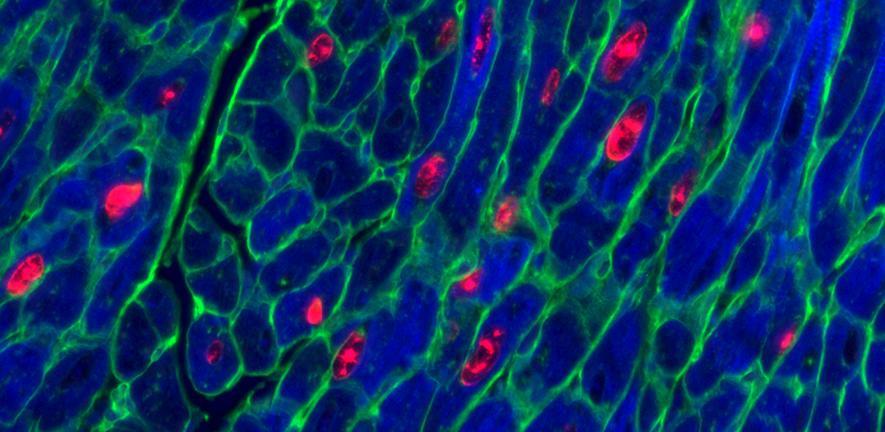
Submitted by Dr T. Dougan on Tue, 14/04/2020 - 11:08
Researchers trying to turn off a gene that allows cancers to spread have made a surprising U-turn. By making the gene overactive and functional in the hearts of mice, they have triggered heart cell regeneration
Since adult hearts cannot usually repair themselves once damaged, harnessing the power of this gene represents major progress towards the first curative treatment for heart disease.
“This is really exciting because scientists have been trying to make heart cells proliferate for a long time. None of the current heart disease treatments are able to reverse degeneration of the heart tissue – they only slow progression of the disease. Now we’ve found a way to do it in a mouse model,” said Dr Catherine Wilson, a researcher in the University of Cambridge’s Department of Pharmacology, who led the study.
The inability of the heart to regenerate itself is a significant unmet clinical need.
Catherine Wilson




